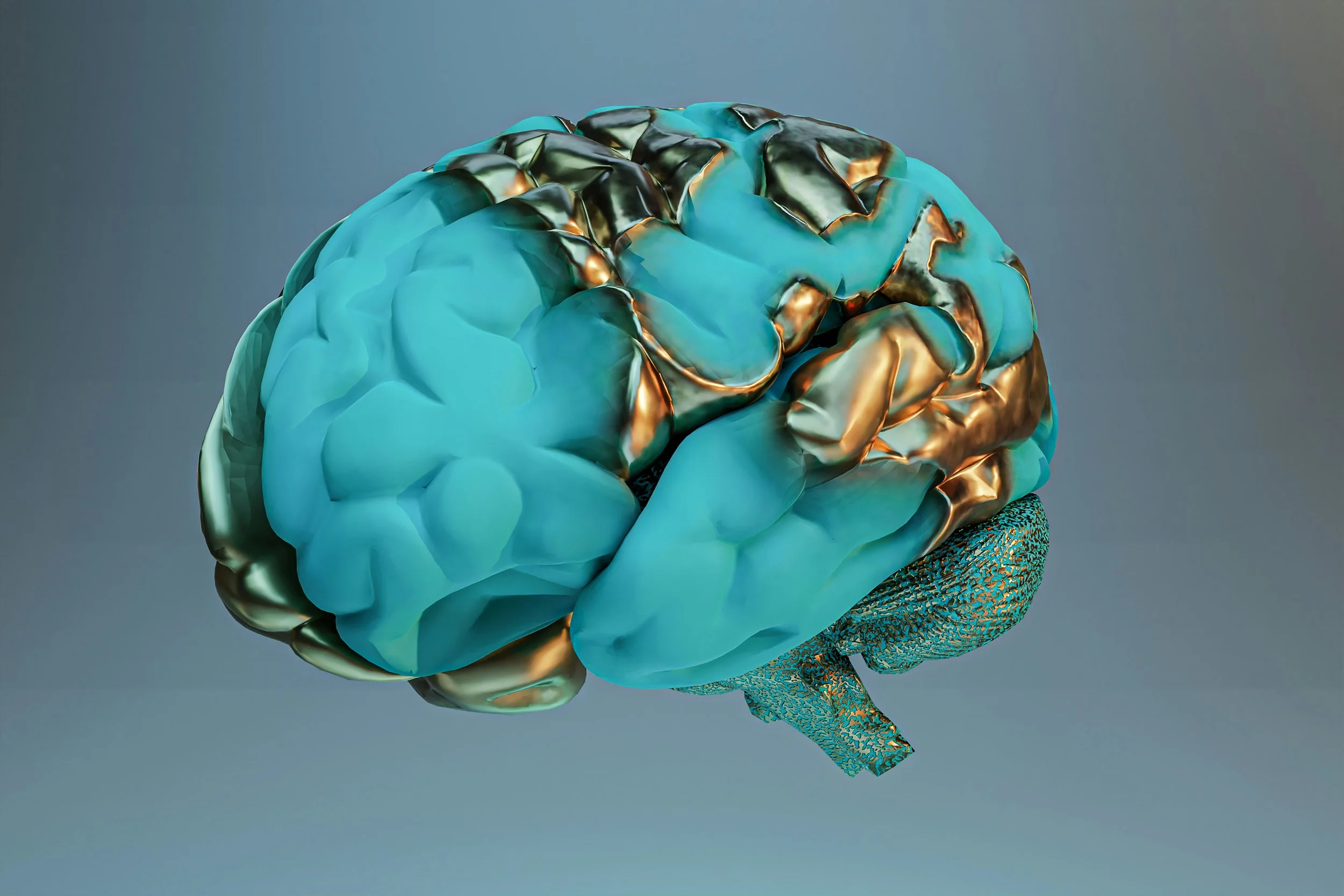Tension between doing & being
photo credit: Sumaid pal Singh Bakshi
The philosophical difference between doing and being in modern life highlights two fundamental modes of engaging with ourselves and the world. These modes often exist in tension, and modern life tends to heavily emphasize one over the other, sometimes to the detriment of our well-being.
Doing
Focus: Action, achievement, productivity, goals, tasks, and external results. It’s about what you accomplish and what you produce.
Orientation: Future-oriented, driven by objectives and a desire to change or improve a situation. It’s about striving, making progress, and reaching targets.
Identity: Often tied to roles, professions, accomplishments, and external validation. “I am a doctor,” “I am a successful entrepreneur,” “I achieved this goal”.
Time perception: Linear and goal-driven. Time is often seen as a resource to be managed and optimized for productivity.
Relationship to self: Can be focused on self-improvement, fixing flaws, and constantly striving to be better.
Relationship to the world: The world is often seen as a set of resources to be utilized or obstacles to overcome in the pursuit of goals.
Potential pitfalls: Can lead to stress, burnout, anxiety, a feeling of never being enough, and a neglect of the present moment. Identity can become fragile if tied solely to achievements.
Being
Focus: Presence, awareness, acceptance, intrinsic value, and the inherent state of existence. It’s about who you are in the present moment, regardless of what you are doing or achieving.
Orientation: Present-moment focused, appreciating and experiencing what is happening right now without judgment or the need to change it.
Identity: Rooted in a sense of inherent worth and interconnectedness, independent of external roles or accomplishments. “I am,” without needing to add a descriptor.
Time perception: Cyclical or timeless. The present moment is the primary focus, and time is experienced more fluidly.
Relationship to self: Centers on self-acceptance, compassion, and a recognition of inherent wholeness.
Relationship to the world: Experiential and appreciative. The world is something to be experienced and connected with, rather than just a means to an end.
Potential pitfalls: If taken to an extreme without any doing, it can lead to stagnation or a lack of engagement with the world. However, the greater risk in modern life is the neglect of being.
Tension in modern life
Modern life, with its emphasis on career success, consumerism, constant connectivity, and social comparison, often overwhelmingly prioritizes doing. We are bombarded with messages that equate our worth with our achievements and productivity. This can lead to a significant imbalance, where the space for simply being – for reflection, for appreciating the present, for connecting with ourselves and others on a deeper level – is squeezed out.
Philosophical implications
Existentialism: Philosophers like Sartre and Heidegger emphasize the importance of being and authentic existence. They caution against losing oneself in inauthentic doing that is driven by societal pressures rather than genuine self-expression.
Eastern philosophies: Traditions like Buddhism and Taoism place a strong emphasis on mindfulness, presence, and accepting the present moment – core aspects of being. They often view excessive doing and attachment to outcomes as sources of suffering.
Humanistic psychology: Thinkers like Maslow and Rogers highlight the importance of self-acceptance and self-actualization, which require a degree of being to understand one's true self beyond external roles.
Why the imbalance matters
The overemphasis on doing in modern life can contribute to:
Increased stress and anxiety
Burnout and exhaustion
Diminished sense of purpose and meaning beyond achievements
Superficial relationships
Lack of appreciation for the present moment
Fragile sense of self-worth
Cultivating a greater balance between doing and being is crucial for well-being in the modern world. It involves intentionally creating space for presence, reflection, and appreciating the inherent value of ourselves and our experiences, alongside our goals and actions.

